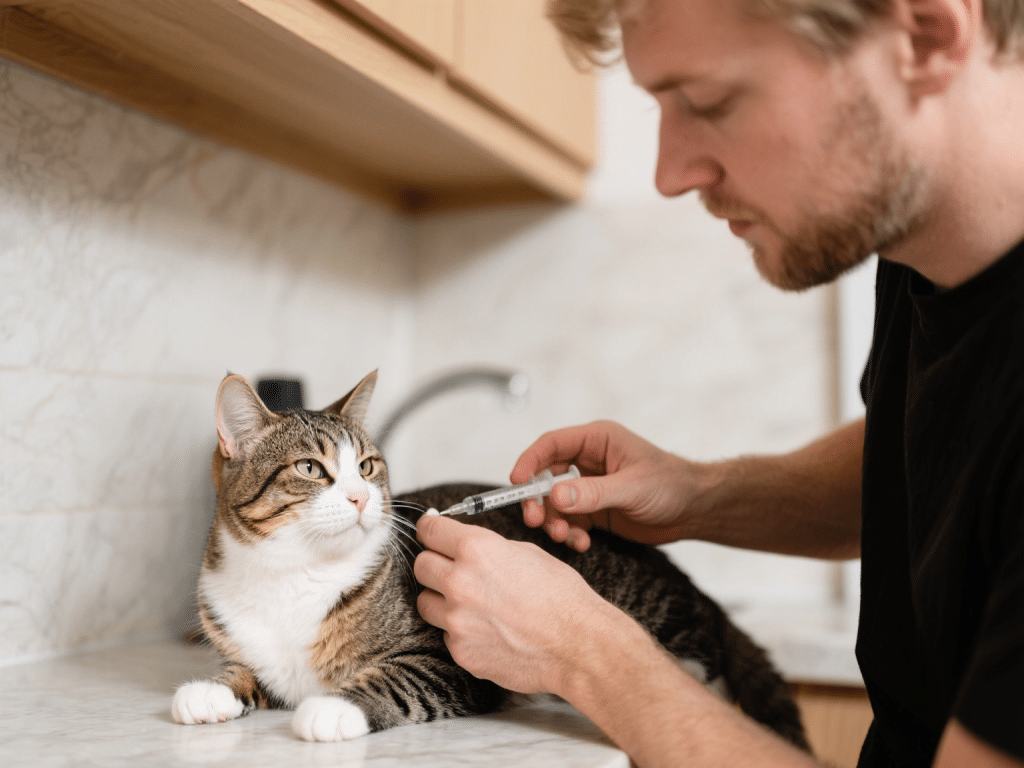RECOMMENDED NEWS

Understanding Your Kitten’s Socialization Window: Ensuring Confident Cats
A kitten’s early life unfolds like an open book—what they experience between 2 and 9 weeks of ag...
Read More →
Enrichment Strategies for Indoor Rabbits: Keeping Boredom at Bay
Indoor rabbits thrive on a blend of environmental stimuli, chewable substrates, and social interacti...
Read More →
Creating a Bird-Safe Home: Toxic Plants and Household Hazards
Pet birds bring color, song, and intelligence into our homes—but their curious nature and delicate...
Read More →
Cat Grooming: How to Safely Remove Mats and Tangles
Long-haired and semi-long-haired cats enchant us with flowing coats—but mats and tangles can quick...
Read More →
Understanding and Managing Feline Diabetes: A Comprehensive Care Plan
Feline diabetes affects up to 1 in 100 cats, leading to excessive thirst, weight loss, and lethargy....
Read More →
Tips for Managing Dog Separation Anxiety During Work Hours
IntroductionNearly 20–40% of dogs display separation anxiety when left alone, leading to destructi...
Read More →
Helping Pets Cope with the Loss of Another Pet
IntroductionThe loss of a household pet can be emotionally taxing not only for humans but also for s...
Read More →
Cat-Proofing Your Garden: Protecting Your Plants and Pets
IntroductionGardens can be a delightful outdoor extension of the home, but unprotected gardens may p...
Read More →
The Dos and Don’ts of Pet Training: Common Mistakes to Avoid
The Dos and Don’ts of Pet Training: Common Mistakes to AvoidSuccessful pet training hinges on stra...
Read More →
Comments on "Top Safe Deworming Methods for Indoor Cats: Effective Parasite Prevention" :